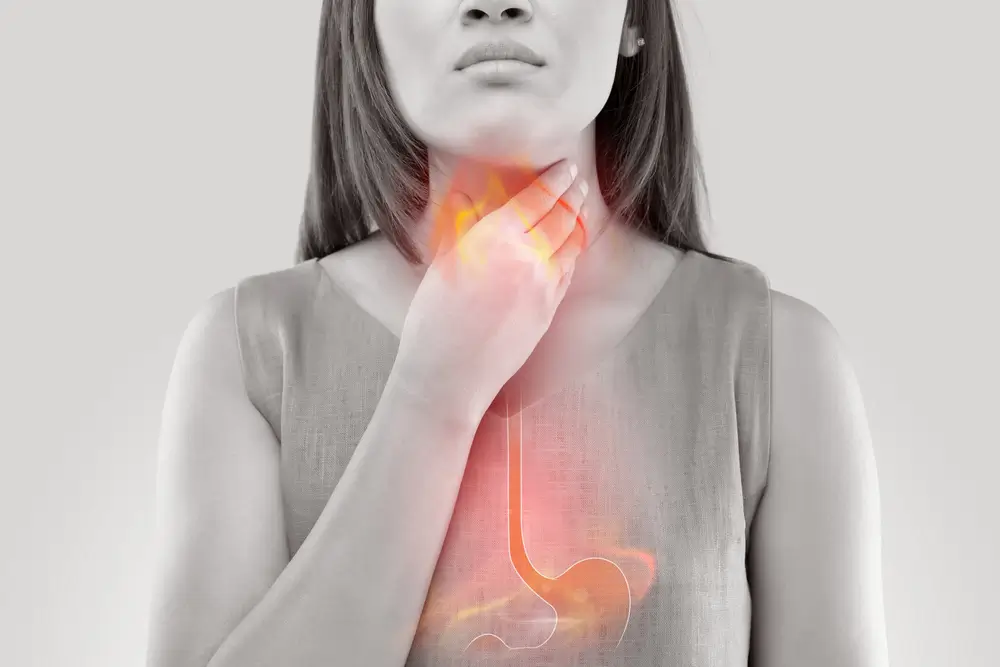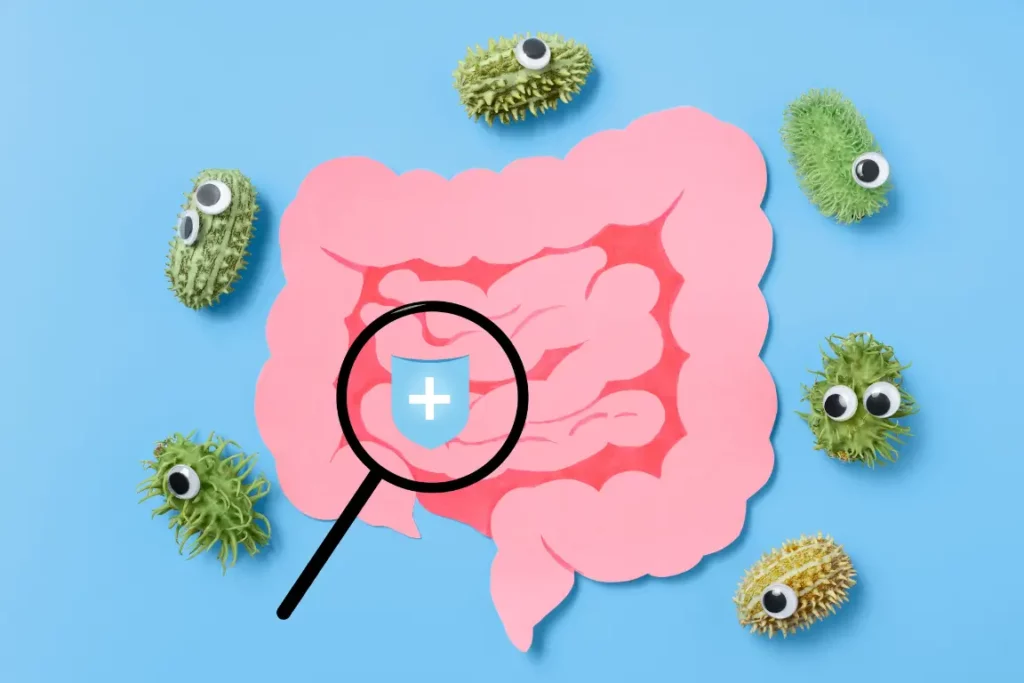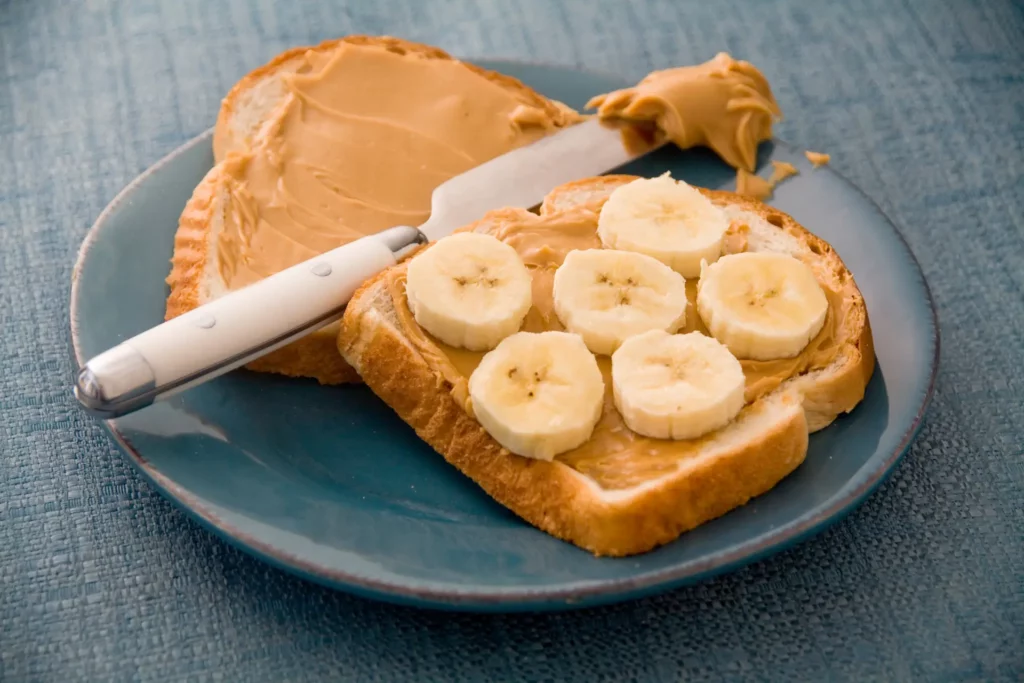Marine life holds many secrets to health and wellness. It is, therefore, no surprise that algae and seaweed are being increasingly consumed worldwide today. Another sea vegetable that is harvested for use as a health supplement and as a thickening agent is sea moss. If you’ve heard about sea moss gummies and are wondering how to use them or if you should try them, we’re here to help you! Let’s explore all about sea moss gummies– nutrients, health benefits, and more in this blog!
What Are Sea Moss Gummies?
Sea moss, or Chondrus crispus, is also known by many names, including Irish sea moss and red seaweed.
It grows on the Atlantic coasts between Europe and North America and in many different colors.
It can be consumed in various ways. While sea moss is also available in powder, gel, and pill form, the gummy has taken off!
Sea Moss: Nutrition Details
Like many marine vegetables, sea moss contains several vitamins and minerals.
They are naturally low in fat, calories, and sugar.
They also have a small amount of plant protein.
According to the US FDA, 10 g of sea moss contains the following nutrients:
| Nutrient | Quantity |
| Calories | 4.9 |
| Protein | 0.2 g |
| Fat | 0 g |
| Carbohydrates | 1.2 g |
| Minerals | |
| Calcium | 7.2 mg |
| Magnesium | 14.4 mg |
| Phosphorous | 15.7 mg |
| Potassium | 6.3 mg |
| Iron | 0.9 mg |
| Zinc | 0.2 mg |
What Are The Benefits Of Sea Moss Gummies?*
Due to the nutrients in sea moss gummies, they are used in health supplements and offer many benefits.
Let’s take a look!
May Boost Immune System Functioning
Preliminary research suggests that seaweed and sea moss improves immunomodulation and immune response.
However, more research is required in humans to prove this.
May Lower Cancer Risk
Plant compounds present in some marine vegetation may help fight cancer.
Research published in Cancers reports that fucoxanthin, which is abundantly found in some algae, helps fight specific markers of colorectal cancer or reduce risk factors.
May Benefit Gut Health
Seaweeds and sea moss are good sources of probiotic bacteria and fiber, which ensure a healthy gut microbiome.
Does Sea Moss Cleanse Your Gut?
Sea moss is rich in fiber and probiotics, which help maintain a healthy gut.
These create a favorable environment for digestion, relieve constipation, and help cleanse the gut easily.
May Support Heart Health
Seaweed, including sea moss, is rich in dietary fiber, minerals, and vitamins.
These nutrients reduce blood pressure, serum lipids, fatty acids, and blood glucose– all known risk factors for cardiovascular diseases.
Consuming sea moss may help lower your risk for cardiovascular diseases.
May Regulate Thyroid Health
Seaweed contains iodine, which is required for thyroid health and function.
So, consuming sea moss may help regulate your thyroid hormones.
*Many of these benefits are still under research and have not been proven conclusively. Please talk to your healthcare practitioner for more information on this and whether it is the right option for you.
Sea Moss Gummies Benefits For Weight Loss
There’s a lot of discussion about using sea moss gummies for weight loss.
In a 12-week study, 78 adult volunteers took 1 g (1000 mg) of red seaweed extract daily.
They noticed a significant reduction in total body fat mass and body weight compared to the placebo group.
Another study published in 2015 noted that fucoxanthin, present in seaweed, can break down fat and cause weight loss.
While these studies show the promising effects of sea moss on weight loss, more research is needed to prove this conclusively.
What Are The Side Effects Of Sea Moss Gummies?
While the potential benefits of sea moss gummies seem exciting, eating them has a few side effects. Let’s take a look!
- Iodine toxicity: The nutritional composition of sea moss gummies varies depending on the geographical region, temperature, and minerals in the water.
So, in certain cases, overconsuming sea moss gummies can cause iodine toxicity. - Heavy metal poisoning: Our bodies require heavy metals in minute amounts. However, in excess, heavy metals are harmful to the body. Since sea moss contains heavy metals, it is important not to overconsume them.
- Digestive troubles: Carrageenan, a compound in sea moss, is infamous for its association with inflammation. Sea moss may also cause other digestive problems, such as stomach ulcers, diarrhea, nausea, stomachache, and heartburn.
A component found in seaweed, called poligeenan, may cause the following side effects:
- Intestinal inflammation
- Stomach ulcers
- Increased risk of stomach or bowel cancer
Who Should Not Take Sea Moss?
Consuming sea moss in excessive quantities may increase the risk of side effects.
People who should avoid sea moss are:
- Those with hypothyroidism
- Those with an allergy to seaweed or sea moss
- Pregnant and breastfeeding women
- People who are taking blood thinners
Sea Moss Gummies: Consumption Guide
Here are a few things to remember when taking sea moss gummies:
- They are nutritional supplements and should be taken only after consulting a doctor or clinical nutritionist.
Since the FDA does not regulate sea moss gummies, ask your doctor or nutritionist for the most suitable brand.
While the typical dosage of sea moss gummies is two per day, it is best to ask your doctor or nutritionist for a recommendation. - Avoid gummies with added sugars, artificial colors, or flavors.
- If you are vegan, avoid sea moss gummy made from gelatin.
What Happens If You Take Sea Moss Every Day?
You may take sea moss gummies daily, but only after consulting your doctor.
Excessive consumption of sea moss can result in gastrointestinal disturbances, increased iodine intake, and, subsequently, thyroid disorders.
How Long Does It Take For Sea Moss To Start Working In Your Body?
You may begin to feel the benefits of sea moss in as little as two weeks after taking it.
However, it may take 3 to 4 weeks before you begin to see the full effects of the supplements.
When Should I Take Sea Moss: Morning Or Night?
There is no prescribed time when you should take sea moss supplements.
Ask your doctor about what suits you best.
DIY Sea Moss Gummies
With the growing popularity of sea moss gummies, there are many brands to choose from.
However, if you choose to prepare your own, here’s how to do that:
- Wash the sea moss and soak it in cold water for a day. Remember to change the water frequently to remove any dirt.
- Once you notice the sea moss has doubled in size and become white and jelly-like, it’s ready for the next step.
- Put the sea moss and some water into a blender and blend until smooth.
- Refrigerate for at least 2 hours to allow it to thicken some more.
- Once ready, you can store the prepared sea moss in the fridge for up to 2 weeks and use it in recipes.
Summary
- Sea moss or red seaweed is a popular health supplement that can be consumed in many ways.
- Like other marine vegetation, sea moss is rich in minerals such as potassium, magnesium, iron, calcium, and phosphorous.
- Consuming sea moss has many health benefits, such as decreased risk of heart disease, lower cancer risk, and improved gut health.
- Some early human studies have shown that sea moss may have an anti-obesity effect.
- Individuals with hypothyroidism, allergy to seaweed, and pregnant and breastfeeding women must avoid consuming sea moss.
- It is best to ask your doctor or nutritionist for a suitable brand of sea moss gummies.
Others Are Also Reading

Should You Take DGL Supplements For Treating Acid Reflux?

Are Postbiotics Better Than Probiotics For Gut Health?

Is BRAT Diet With Peanut Butter Good For Diarrhea?
References
- https://www.cnet.com/health/nutrition/yep-sea-moss-gummies-are-a-thing-now-how-they-work-health-claims-risks/
- https://www.everydayhealth.com/diet-nutrition/sea-moss-gummies/guide/
- https://www.webmd.com/diet/health-benefits-sea-moss
- https://www.medicalnewstoday.com/articles/sea-moss
- https://www.healthline.com/nutrition/seamoss
- https://www.ncbi.nlm.nih.gov/pmc/articles/PMC8232781/
- https://fdc.nal.usda.gov/fdc-app.html#/fhttps://www.ncbi.nlm.nih.gov/pmc/articles/PMC5992350/ood-details/168456/nutrients
- https://www.ncbi.nlm.nih.gov/pmc/articles/PMC8156579/
- https://pubmed.ncbi.nlm.nih.gov/31159359/
- https://www.ncbi.nlm.nih.gov/pmc/articles/PMC8629711/
- https://www.ncbi.nlm.nih.gov/pmc/articles/PMC10817618/
- https://www.ncbi.nlm.nih.gov/pmc/articles/PMC7469045/
- https://www.ncbi.nlm.nih.gov/pmc/articles/PMC4413207/
- https://pubmed.ncbi.nlm.nih.gov/32803579/




